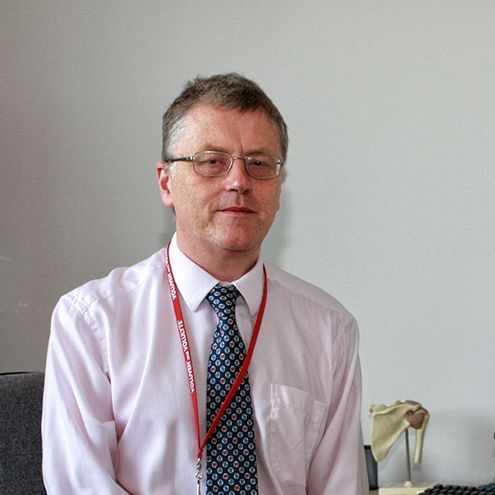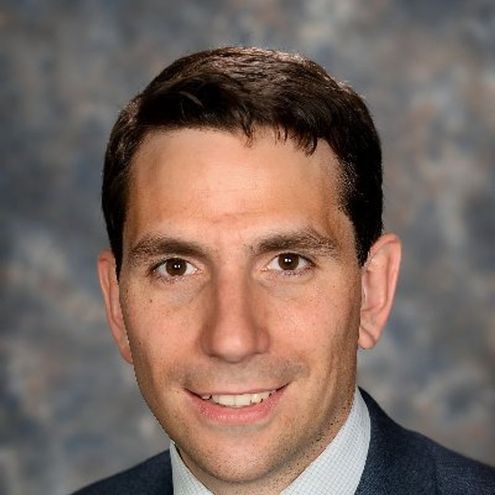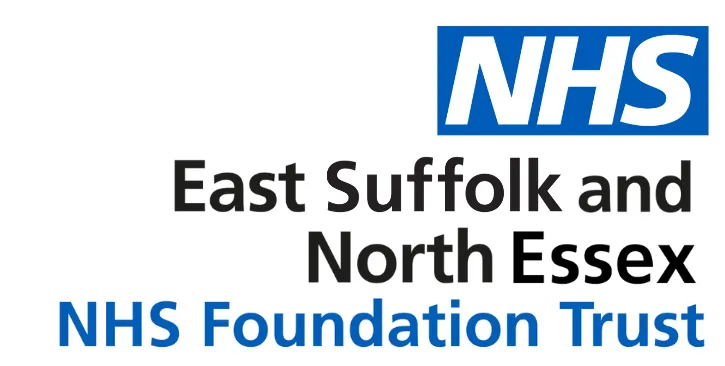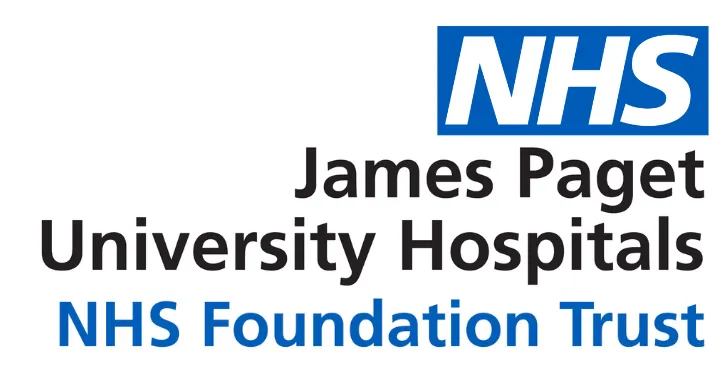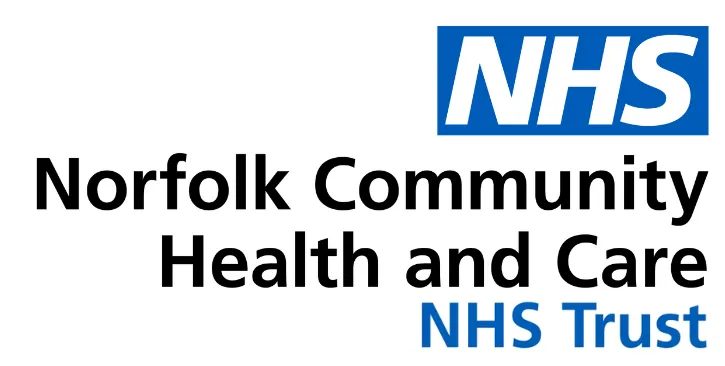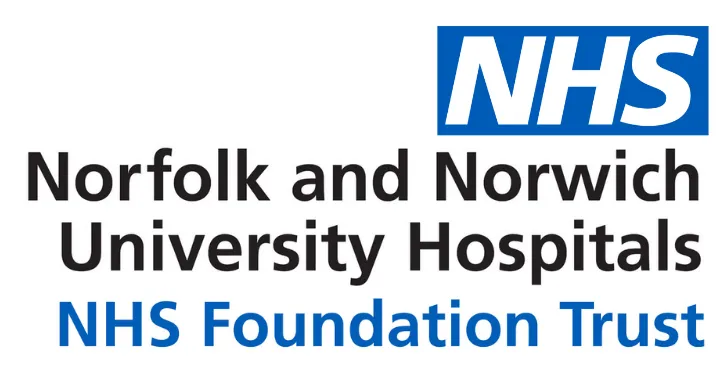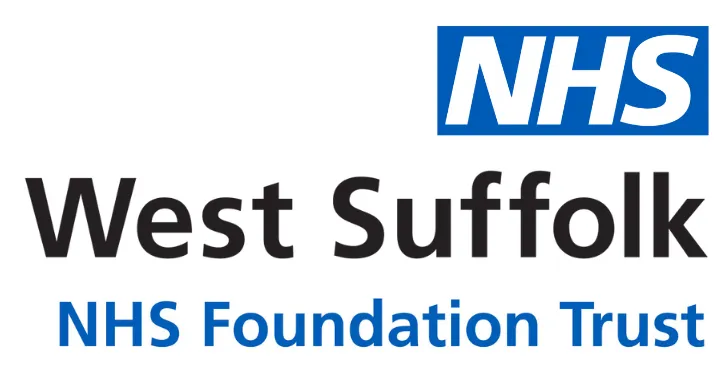Feel free get in touch with us via email or social media.
© UEA. All rights reserved. University of East Anglia, Norwich Research Park, Norwich, Norfolk, NR4 7TJ, UK
Research Groups
Rheumatic Diseases Anglia Research Group

The Rheumatic Diseases Anglia Research Group (RADAR) is a collaborative initiative of clinicians specialising in rheumatology to develop new opportunities to initiate regional-centred research. Placing local needs at the centre of the group’s focus areas, researchers aim to improve the standard of care for service users in our region.
Over 30 years, the Norfolk Arthritis Register (NOAR) observational study into the cause and outcome of inflammatory polyarthritis has accumulated a wealth of data and research into arthritis and related conditions. Using the model of NOAR, the research group will expand the recruitment of participants, to allow for the comparison of outcomes of patients living with musculoskeletal disease across our region, to achieve improvements in care, engagement in research, and shared learning.
Throughout the pandemic, NOAR has been providing insight into the impact of social isolation in inflammatory diseases and those who are immunosuppressed.

This collaboration will enable practice innovation studies as well as building upon timely research around the impact of COVID-19.
In support of the group’s overall vision for ambitious research, leading clinicians and academics from seven UEAHSCP partner organisations have identified several key focus areas centred on regional challenges, including:
- Use of biologics;
- Improvement in the speed and accuracy of diagnosis;
- A review of patient quality of life measures, including anxiety, depression, and fatigue;
- Research and care in this area for health inequalities and ethnic minorities; contrast between rural, costal, and urban communities;
- Impact of COVID-19 on care and patient experience;
- Inflammatory rheumatic disease.
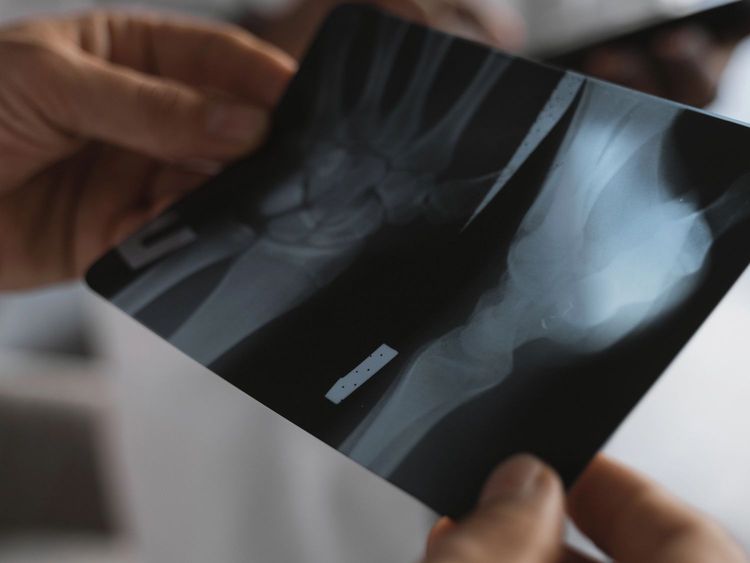
NOAR researchers have also carried out pilot work investigating cognitive decline and causes of frailty in ageing groups, applying new imaging methods to examine muscle changes in patients with chronic inflammation. The strength of the collaboration will enable this work to expand across the region and to address new research challenges.
In December 2021, Dr Max Yates and his team were awarded a grant from UEAHSCP's first-ever ‘Power of Collaborative Research’ Strategic Funding round. Designed to boost collaboration across local health and social care research and innovation, the scheme awarded funds to projects that will undertake joint research that benefits our region’s healthcare services.
The grant will go towards a project to improve care for patients with rheumatoid arthritis, which will bring local data together to provide new insights into the provision of social care and improve support services. Social care data are often captured poorly, or missing, when considering care delivered by informal caregivers. This leads to an incomplete picture when assessing the care needs of patients with RA. By harnessing data, this project will deliver a uniquely important resource for understanding the care needs of patients now and in the future.
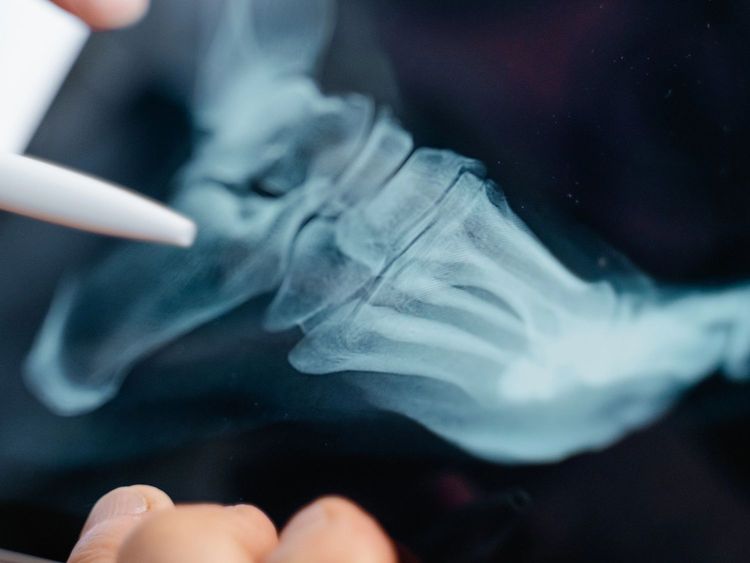
This video introduces one of four projects to receive a share of the £75k funding: SOCRA (Social Care in Rheumatoid Arthritis: Linking regional data to improve the care for patients with rheumatoid arthritis) - led by Dr Max Yates, UEA.
Stay up to date
Subscribe to our newsletter to receive news on the latest updates and projects in health and social care research.
